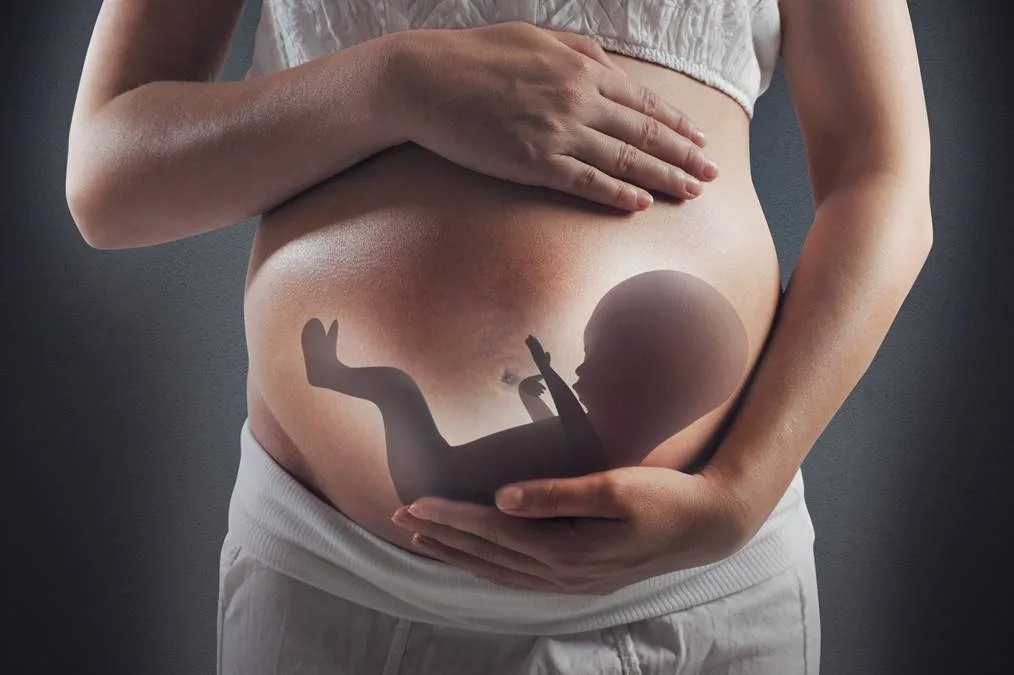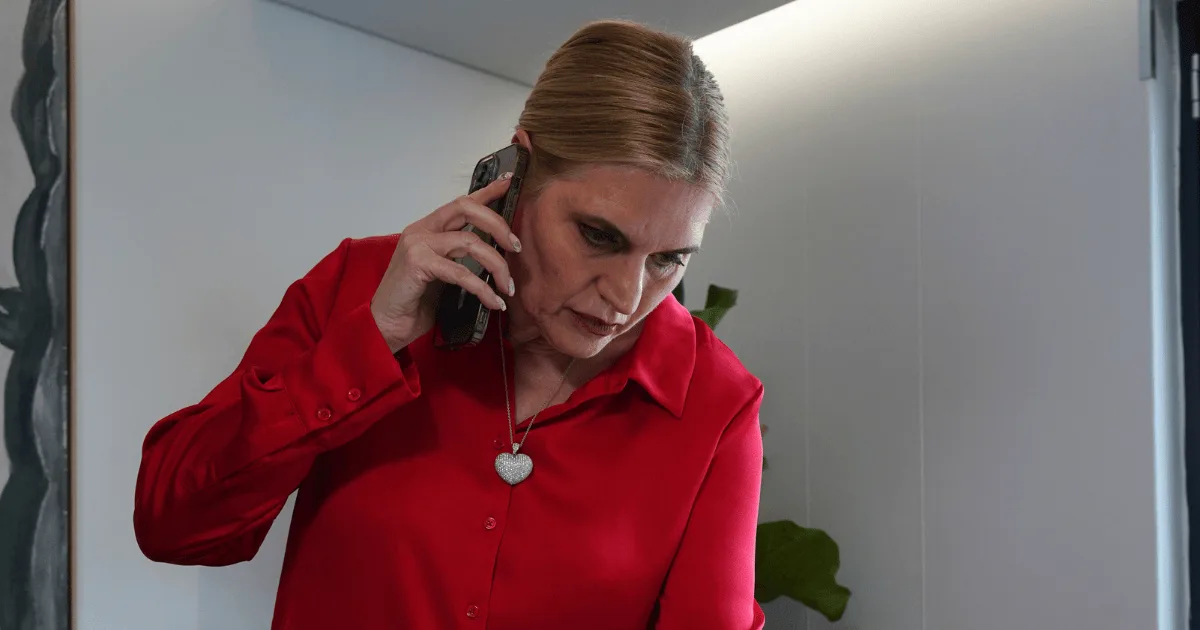The so-called nasciturus fiction, refers to the legal principle in which foetuses, if subsequently born alive, will acquire all the rights of born children whenever this is to its advantage. Although in general, being without legal subjectivity, the foetus has no rights or duties or capacities, there are certain measures in South African law which provide for its protection if it is subsequently born. It provides that, if it is to the advantage of the nasciturus or unborn child, it is deemed for legal purposes already to have been born, and its interests thus are kept open.
There are three requirements in South African common law for the operation of the nasciturus fiction namely:
- The fiction must operate to the advantage of the nasciturus. The fiction may not be applied if it would be to the disadvantage of the nasciturus, or where only a third party stands to benefit.
- The benefit to the nasciturus must accrue after its conception.
- The nasciturus must ultimately be born alive, in the legal-technical sense outlined above.
In essence, no legal personality is actually granted to the foetus by deployment of the nasciturus fiction; it remains without legal subjectivity, and does not have a right (to life, for instance) that can be enforced on its behalf. The benefits accruing to it through the fiction are held ‘in suspense’ until it is born, at which point the fiction is no longer, so to speak, fictional.
Statute does not however assign a definition to the ‘viability’ of the unborn child, but case law, relying on the courts’ discretion, attempts to ascertain the meaning of the term. In S v Mshumpa and Another 2008 (1) SACR 126 (E) the court accepted that the unborn child’s capability to live outside its mother’s womb begins at 25 gestational weeks. However, this judgment was overturned in S v Molefe 2012 (2) SACR 574 (GNP) at 578 where the court deemed it necessary to give a verdict that foetal viability commences at 28 gestational weeks. For this reason, the distinction made by the courts between unborn children who have reached the viability stages and those who have not is insignificantly a technical issue and the assertions made by our courts that, life begins after birth, or at a certain number of ‘minimum’ weeks, or at a certain viability stage, do not outweigh the clear legal obligation of a state to recognise human life prior to birth.
What is evident is that scientific developments have shown us that unborn children are human beings who individually live and exist inside their mother’s womb. Our courts have unfortunately only addressed the technicality of the conceptualisation of a foetus, resulting in an unnecessary and unsubstantial distinction being made between viable and non-viable foetuses. The question still remains whether an unborn foetus acquires the same rights as born children, prior to life outside the womb.
For direct answers to your specific personal questions, please contact us directly.
Read more about our child law services.
Author – Kate Bailey – Hill





